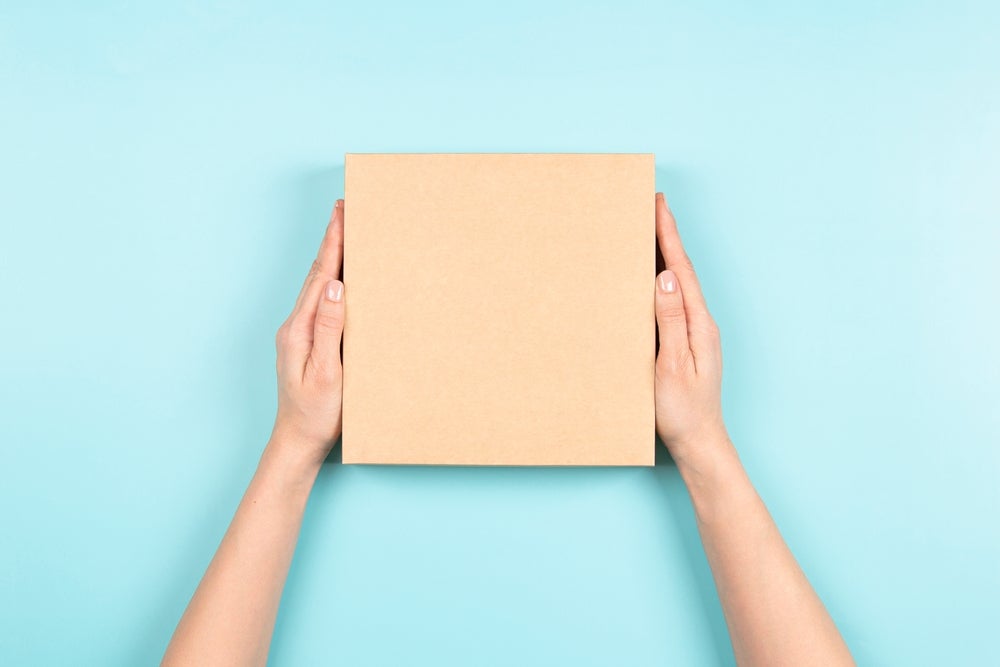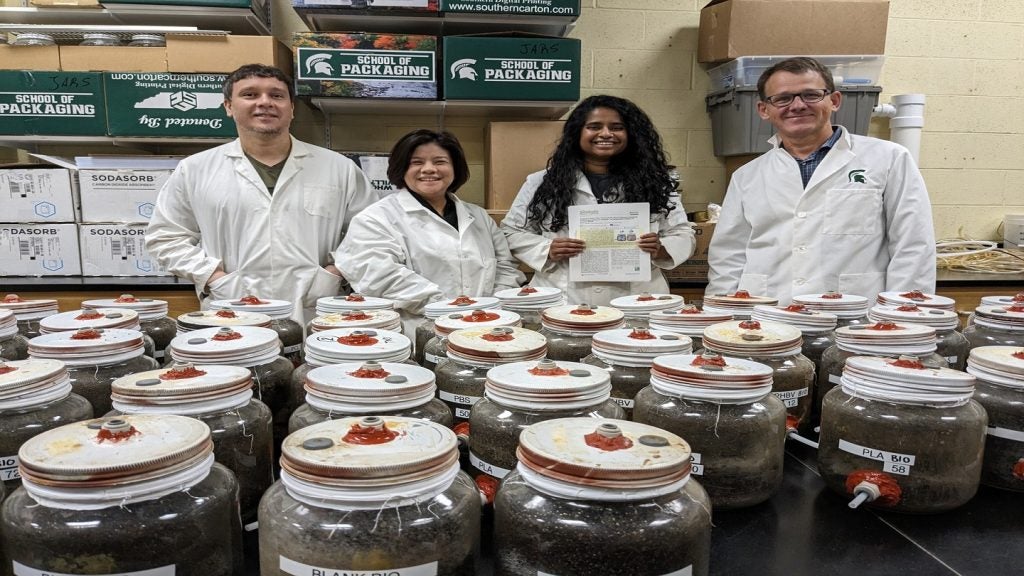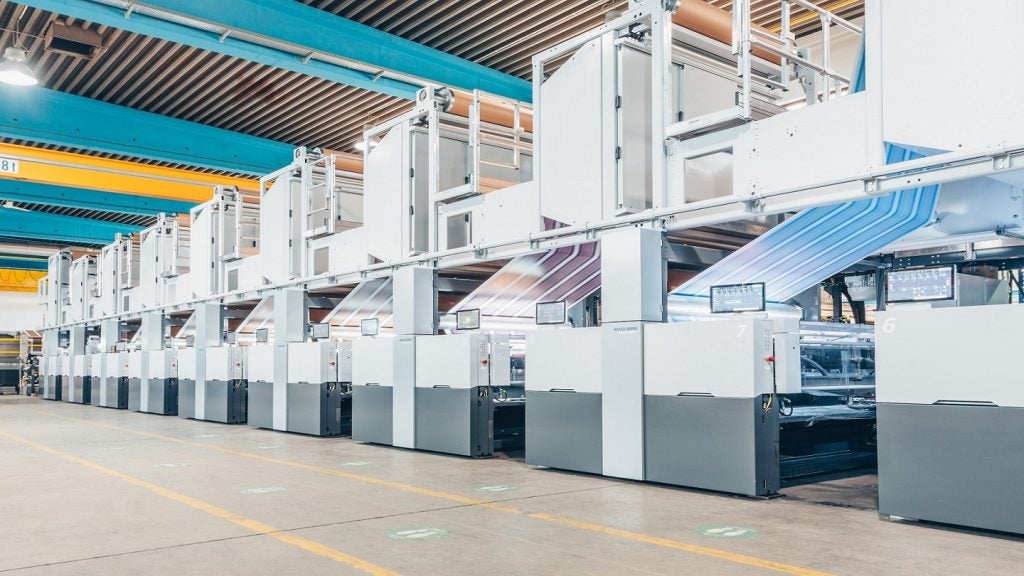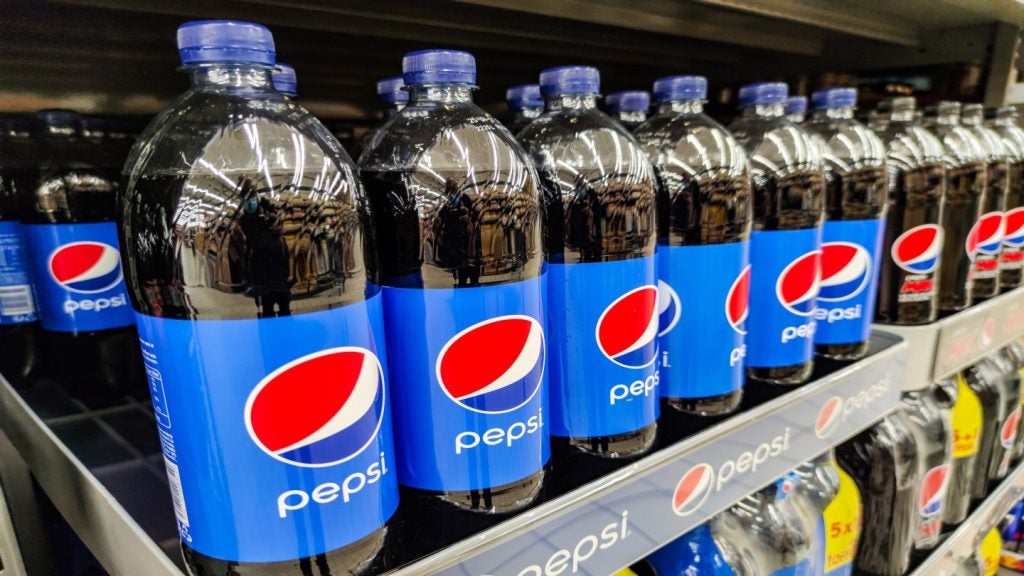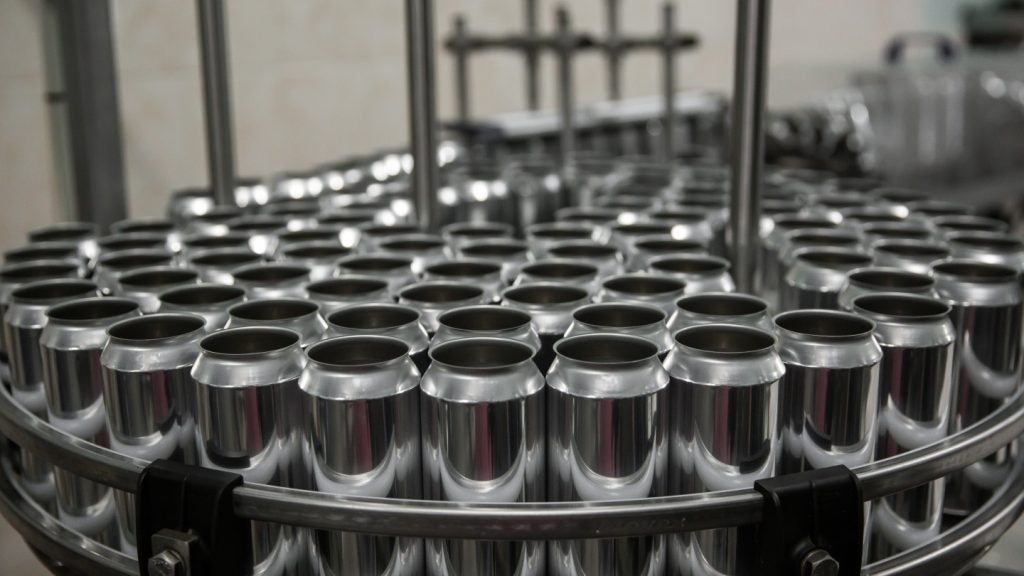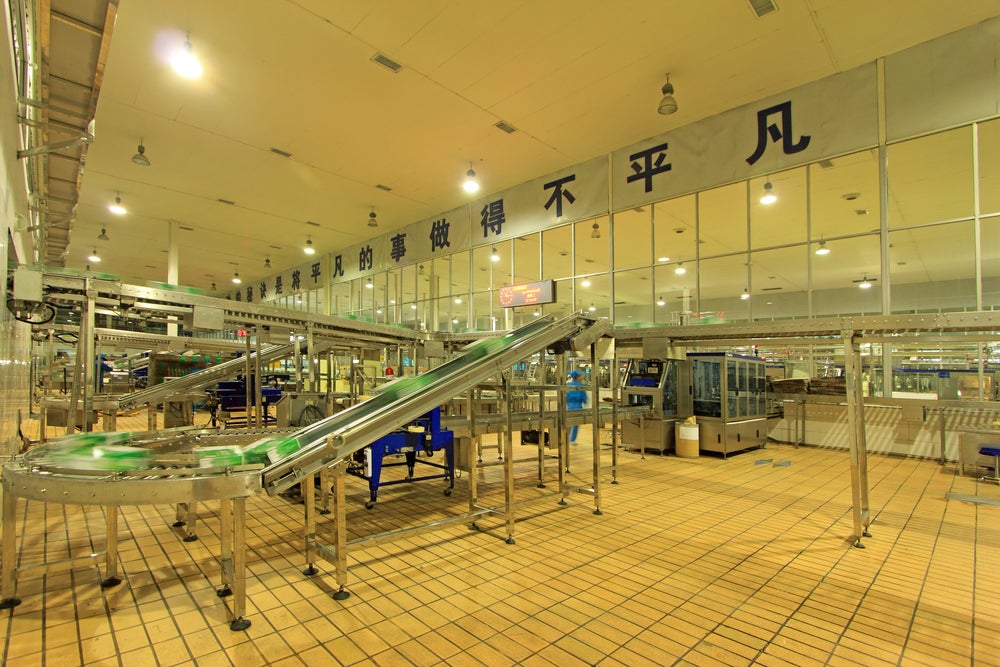In recent years, the packaging industry has undergone a profound transformation with the rising popularity of minimalism in packaging solutions.
Rooted in the principles of sustainability and simplicity, minimalist packaging is gaining momentum as both consumers and companies recognise its profound environmental benefits and aesthetic allure.
This packaging revolution is reshaping the market, offering a greener, more stylish, and efficient alternative that is attracting eco-conscious customers and redefining the way products are presented.
The essence of minimalist packaging
Minimalist packaging, at its core, revolves around the "less is more" ideology. It shuns excessive layers, non-recyclable materials, and unnecessary frills.
By focusing on essential elements and streamlined designs, minimalist packaging reduces waste and conserves resources, making it a prime choice for brands committed to reducing their carbon footprint.
Businesses across diverse sectors, including cosmetics, food, beverages, and beyond, are embracing minimalism in packaging into their brand identities.
By employing recycled or biodegradable materials, these companies aim to minimise their environmental impact and showcase their dedication to sustainable practices, resonating with a growing segment of eco-conscious consumers.
Green appeal and consumer connection
The appeal of minimalist packaging extends beyond its eco-friendliness. Consumers are increasingly drawn to the simplicity and elegance of these designs.
A clutter-free appearance conveys a sense of modernity and sophistication, capturing the imagination of those seeking stylish and refined products.
The environmental benefits of minimalist packaging align with the values of many consumers who now actively seek brands that prioritise sustainability.
This shift in consumer preferences has pushed companies to rethink their packaging strategies to establish a stronger connection with their target audience.
By adopting minimalist packaging, brands can make a powerful statement, not only about their commitment to the planet but also about their ability to adapt to evolving market demands.
A step towards a greener future
The significance of minimalist packaging lies not only in its eye-catching aesthetics but also in the tangible environmental advantages it offers.
When businesses reduce the materials used in packaging, they significantly decrease energy consumption during production. The subsequent reduction in waste translates to less pressure on landfills and contributes to a circular economy.
Moreover, minimalist packaging's lightweight and compact nature facilitates efficient transportation. As brands optimise their shipping processes, they minimise their carbon emissions, making positive strides towards a greener future.
Tackling challenges with innovation
While minimalist packaging is on the ascent, it is not without challenges.
Finding the right balance between sustainability and product protection remains a crucial consideration. Some items necessitate added protection, which may seemingly conflict with minimalist principles.
To surmount this challenge, packaging manufacturers are continuously pushing the boundaries of innovation.
Advancements in biodegradable and compostable materials are propelling the industry forward. These sustainable alternatives to traditional plastics ensure even the most delicate products can be packaged securely and responsibly.
In tandem, engineers and designers are developing creative solutions that combine minimal materials with ingenious shock-absorbing structures or coatings to safeguard products during transit.
The future of packaging is here
As consumers become more discerning and the call for eco-friendly practices intensifies, minimalist packaging has positioned itself as a beacon of change in the packaging industry.
Brands that embrace this sustainable approach are not only enhancing their reputations but also helping shape a more environmentally-conscious landscape.
The allure of minimalist packaging lies in its ability to evoke emotion, connect with consumers, and align with their values.
As this trend continues to evolve, the path to packaging innovation will be paved with sustainability, minimalism, and a profound commitment to a greener future for all.


